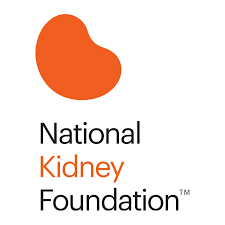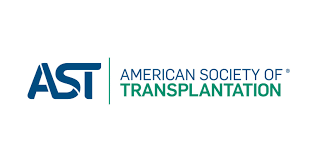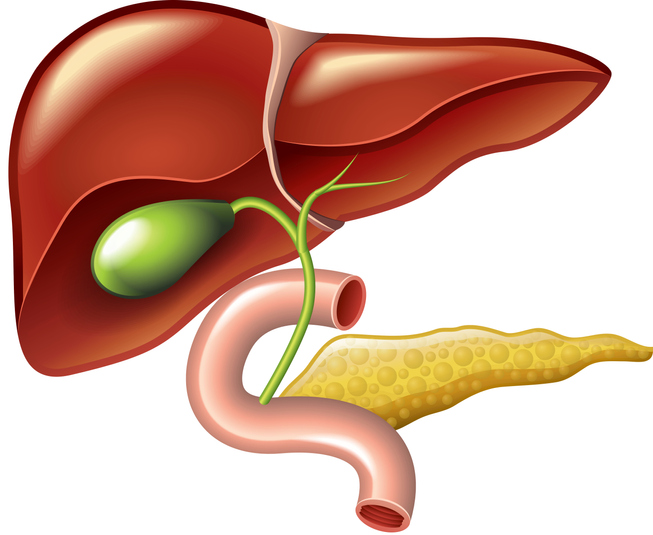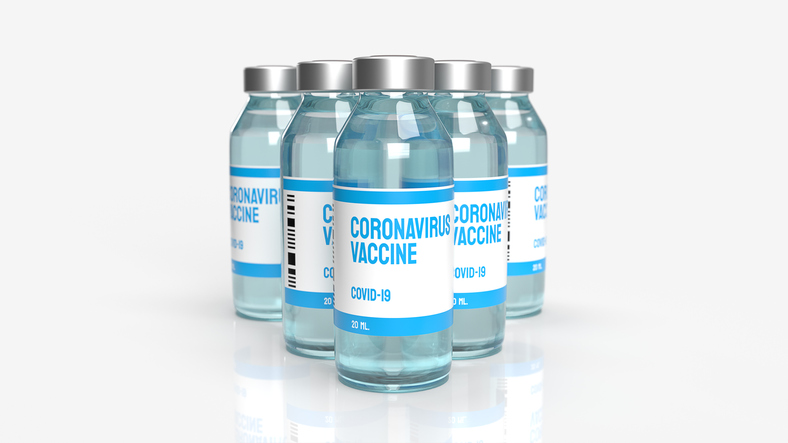“More than 3,000 donated kidneys are discarded every year in the U.S., even as thousands of people die on kidney transplant waitlists. About a fifth of all donated kidneys — particularly those from people who are older, have metabolic or cardiovascular conditions, or have died — are deemed poor quality. Doctors and patients often refuse such kidneys rather than risk transplanting an organ that might not work.”
Read the full article, here.
Tonix Pharmaceuticals and Massachusetts General Hospital (MGH) Enter into Research Collaboration on Tonix’s Third Generation anti-CD40-Ligand Monoclonal Antibody, TNX-1500, for the Treatment and Prevention of Kidney Transplant Rejection
“Transplantation experts led by Tatsuo Kawai, M.D., Ph.D., Surgical Director of the Living Donor Transplantation and Dialysis Access Program at MGH and Professor of Surgery at Harvard Medical School (HMS) will study TNX-1500 in kidney transplantation in a variety of models including non-human primates. The goal of the collaboration is to advance TNX-1500 as a potential first-in-class therapeutic to prevent and treat kidney transplant rejection.
Dr. Kawai said, “Anti-CD40-ligand therapy has a unique activity in controlling the immune response to organ transplants.2 There remains a significant need for new treatments to reduce the toxicity of current treatments by more selectively suppressing immune responses or inducing specific tolerance to the transplanted organ. Anti-CD40-ligand has shown promise not only to effectively suppress rejection but also to facilitate ‘transplant tolerance’ in multiple preclinical transplant models.6”
Read full article, here.
Challenges Facing Transplant Patients in COVID-19 Era
“Transplant patients have an increased risk of developing severe illness when infected with the novel coronavirus. Reports indicate a mortality rate of up to 28% among solid organ transplant patients hospitalized with coronavirus disease 2019 (COVID-19).1
Among the challenges that transplant recipients face is the drug-drug interactions associated with COVID-19 treatment and concomitant medications. For example, remdesivir increases the level of transaminase, which requires close monitoring of liver markers with transplant patients.1
Another challenge is the lack of a test that is sensitive enough to detect active COVID-19-infected donors prior to transplant. Therefore, it’s important to counsel solid organ donors to avoid crowds and monitor exposure for 14 days prior to transplant, whereas hematopoietic cell donors should avoid the crowd for 28 days prior to the scheduled transplant.1“
Read full article, here.
A Woman With Down Syndrome Has Fought For Organ Transplant Anti-Discrimination Legislation For Years; Now, It’s Been Proposed, And Named After Her
“When Charlotte Woodward was 22-years-old, her doctors told her she needed a heart transplant.
Woodward, who has Down syndrome, was born with an atrioventricular heart defect that includes a hole in the wall between the heart’s chambers and flaws in its valves. It is common for babies with Down syndrome to be born with a heart condition; according to the National Down Syndrome Society, approximately half of all infants born with Down syndrome have a heart defect.”
Read the full story, here.
NKF: Patients with kidney disease should be prioritized for COVID-19 vaccines
“The National Kidney Foundation has released a statement urging the federal government to grant priority to patients with kidney disease and their contacts for receipt of COVID-19 vaccines.
According to the statement, it is a matter of “ethical allocation,” because this patient population is at high risk for severe outcomes if they contract the virus.”
Read the full article, here.
National Coalition of Kidney and Transplant Organizations Successfully Advocate for the Protection of Kidney Transplant Recipients
“
WASHINGTON, D.C., December 21, 2020 – Honor the Gift, a national, patient-centered coalition dedicated to improving the lives of kidney transplant patients and honoring the gift of their donors, today celebrates the passage of the Comprehensive Immunosuppressive Drug Coverage for Kidney Transplant Patients Act of 2019 (H.R. 5534 / S. 3353).
This critical legislation, known to many in the community as the Immuno Bill, marks an important milestone in the history of American kidney care. For more than twenty years, patients, donors and their supporters have advocated for the extension of Medicare part B coverage of immunosuppressive medications for kidney transplant recipients. Thanks to the collaborative efforts of the Honor the Gift coalition and the entire kidney, donation and transplant community, Congress has finally taken action to honor the gift.”
Read the full press release, here.
American Society of Transplantation (AST): COVID-19 Vaccine FAQ Sheet
“The AST has received queries from transplant professionals and the community
regarding the COVID-19 vaccine. The following FAQ was developed to relay information
on the current state of knowledge. This document is subject to change and will be
updated frequently as new information or data becomes available.”
See full details, here.
First-of-its-kind Transplant Surgery Saves 11-year-old
“Two years ago, a 9-year-old Baltimore gymnast named Khloe Cox was rising through the competitive ranks, winning awards and following in the footsteps of her hero: Olympic gold medalist Simone Biles.
But all that changed one day in 2018, when her parents got a call from her coach. Khloe had fallen ill with a fever and abdominal pain. The young athlete turned out to have a rare stage IV neuroendocrine tumor that had started in her pancreas and spread to her liver.
Khloe needed a dual liver-pancreas transplant, but given her age and the complexity of the surgery, only a handful of surgeons in the world could perform it. Among them was Srinath Chinnakotla, clinical director of pediatric transplantation at M Health Fairview University of Minnesota Masonic Children’s Hospital.”
Read the full story, here.
FDA Panel Recommends Moderna’s COVID-19 Vaccine For Emergency Use
“In a 20-0 vote, with 1 abstention, a panel of advisers to the Food and Drug Administration recommended that the COVID-19 vaccine being developed by Moderna be authorized for emergency use in adults during the pandemic.
The vote in favor of the vaccine was taken to answer the agency’s question: Do the benefits of the Moderna vaccine outweigh its risks for use in people 18 years of age and older.
The agency typically follows the advice of its expert advisers.
A quick FDA decision is expected given the state of the pandemic, of 94% effectiveness of the Moderna vaccine in preventing COVID-19 and a determination by the FDA that there are no specific safety concerns that would stand in the way. The FDA authorized the Pfizer-BioNTech COVID-19 vaccine last Friday, a day after the same panel voted in favor of it.”
Read the full article, here.
‘Healing Is Coming’: U.S. Starts Vaccinating People Against COVID-19
The first people in the U.S. are receiving vaccination shots against COVID-19 on Monday, as U.S. health workers started administering the vaccine developed by Pfizer and BioNTech.
The first widely publicized vaccination took place in New York City, shortly after 9 a.m. ET. The event was live-streamed and promoted by New York Gov. Andrew Cuomo, who said, “The vaccine only works if the American people take it.”
Sandra Lindsay, a critical care nurse at Long Island Jewish Medical Center, was the first person to receive the vaccine at the event. She received a shot administered by Dr. Michelle Chester, director of employee health services at Northwell Health.
“I feel like healing is coming,” she said. “I hope this marks the beginning to the end of a very painful time in our history.”
Read the full article, here.







